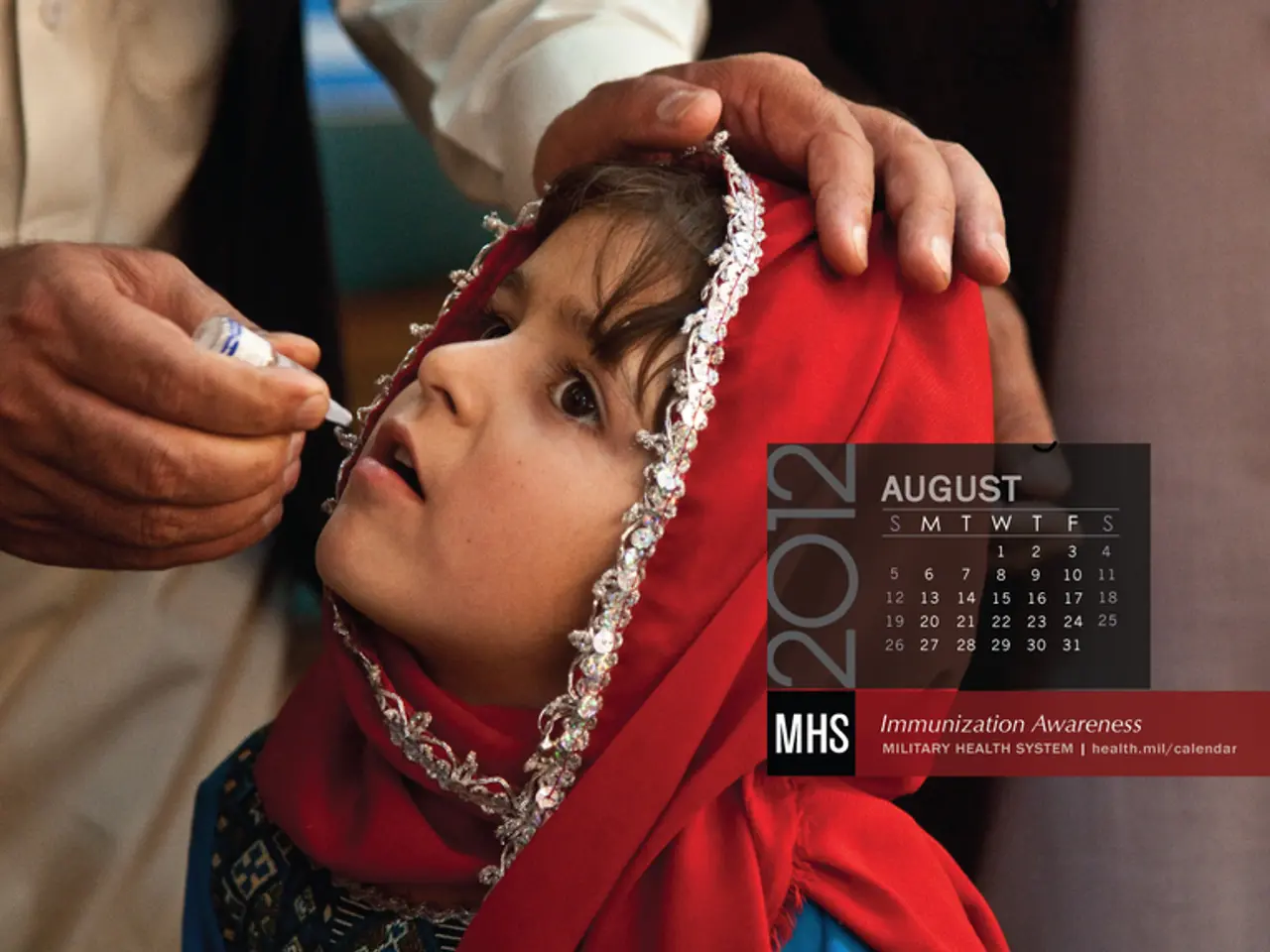Kenya and Japan collaborate towards domestic production of vaccines by 2027
Kenya has set a target to produce vaccines locally by 2027, a move aimed at reducing reliance on donor support and strengthening regional health security. This ambitious plan was unveiled at the Ninth Tokyo International Conference on African Development (TICAD9).
The BioVax Institute, led by Dr. Sarah Kimani, will play a significant role in this endeavour. The institute, which aims to produce vaccines locally, has taken an increasingly visible role in global conversations on vaccine production.
Currently, Kenya spends around Sh 8 billion annually to meet its vaccine needs and remains reliant on external suppliers. However, with the government contributing KES 4 billion towards the country's vaccine bill, and donors contributing about KES 32 billion, local manufacturing could potentially relieve fiscal pressures.
Experts point to the need for strong regulatory structures, reliable supply chains, highly trained personnel, and the capacity to meet international quality standards. The Ministry of Health signed a memorandum of understanding with the International Vaccine Institute (IVI) in November 2024, which will set up a regional office in Nairobi and coordinate the Advancing Vaccine End-to-end Capabilities (AVEC) project.
Vaccine manufacturing is among the most complex and resource-intensive areas of pharmaceutical production. A feasibility study delivered in 2025 detailed the design of a "smart vaccine manufacturing facility" in Kenya.
Initial production by BioVax will focus on typhoid and pneumococcal vaccines, with plans to later produce cholera and Ebola vaccines, as well as routine immunizations such as polio, tetanus, and Hepatitis B. Plans also envision the production of biotherapeutics, including insulin and antivenoms.
Kenya's 2027 target for local vaccine production coincides with its expected graduation from Gavi and UNICEF vaccine support. Questions remain as to whether Kenya can expand beyond limited-scale production and compete with well-established manufacturers in Asia or South Africa.
However, policymakers believe that partial local capacity would be a step forward, securing even modest production and contributing to regional health resilience. As the countdown to 2027 begins, the challenge for Kenya will be turning ambitious plans into practical results.
A Kenyan delegation toured the Japan Institute for Health Security and the National Center for Global Health & Medicine in Tokyo, focusing on research into malaria, infectious diseases, and diagnostics. This collaboration is part of Kenya's approach to vaccine production, which extends beyond building factories, focusing on long-term resilience through political commitment, community involvement, and innovative collaborations.
Through the Kenya BioVax Institute, the government hopes to reduce this dependence and build a stronger base for future needs. As the country embarks on this journey, it joins a growing list of countries seeking to boost local vaccine production and improve regional health security.
Read also:
- Understanding Hemorrhagic Gastroenteritis: Key Facts
- Stopping Osteoporosis Treatment: Timeline Considerations
- Tobacco industry's suggested changes on a legislative modification are disregarded by health journalists
- Expanded Community Health Involvement by CK Birla Hospitals, Jaipur, Maintained Through Consistent Outreach Programs Across Rajasthan








